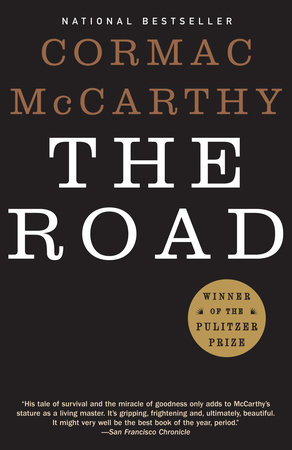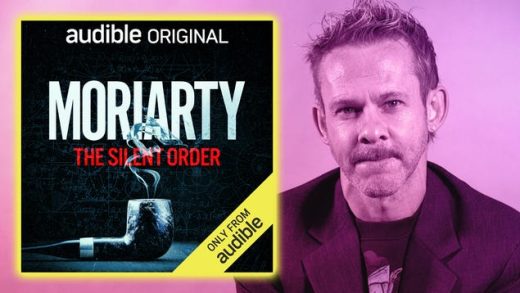There are many things people say when they’re lost for words in the face of someone else’s tragedy but “God will not allow you to be tested beyond your ability” must be the worst of them. My first response, as a Singaporean schooled by its notoriously harsh education system is: if this is a test, what’s the exam going to look like? Apart from that, the sentiment implies a complete loss of agency, plus the existence of a god that plays with its people the way kids experiment with insects, pulling one wing off, then the other, then its legs in slow succession, just to see at what point a wriggling creature becomes a husk of a thing.
In my novel, How We Disappeared, several characters are tested for their ability to move beyond physical pain, loss, and most of all their ability to survive a war that few want to speak honestly about. The heart of the book involves a former “comfort woman,” a galling euphemism for those taken to be sex slaves by the Japanese army during World War II.
Unbeknownst to me, I had woven a strand of my family’s experience during the war into the plot – a part of our history my father must have told me about when I was too young to process the information, too small to know that it was of any importance. It’s hard to decide who had a luckier ending. The survivor in my novel, an elderly man who learns to deal with his war trauma in his own way, or my great-grandfather, who went to his grave raving about the massacre a company of Japanese soldiers had unleashed on his family.
The books I’ve chosen below are about surviving wars, literal and metaphorical, and about the people, real and not, who have come through on the other side.

Oranges Are Not the Only Fruit by Jeanette Winterson
In a later edition of Oranges Are Not the Only Fruit, Winterson admits in the introduction that it is somewhat of an autobiographical novel (both “not at all and yes of course”). It’s a David-and-Goliath story, Goliath made all the bigger because David grew up under the giant’s roof, was watered and fed and raised by the giant. Most of all it’s a story of a child who saves herself.

Because by Joshua Mensch
I was twelve
and together we read
Homer’s Iliad (not The Odyssey) –––
though mostly Don read aloud to me;
Were it not for the fact of the narrator’s age, one might read the beginning of this lyric memoir and mistake it for romance verse. Because uses this single, powerful word to weave together a clear-eyed patchwork of memory that surround his years of abuse by a family friend. Each of the verses end with a semi-colon and at the last, the use of it hints at a beginning – if not a way to catharsis, then something, at least, that presents the hope of it.

Half of a Yellow Sun by Chimamanda Ngozi Adichie
“‘There are some things that are so unforgivable that they make other things easily forgivable,’ Kainene said. There was a pause. Inside Olanna, something calcified leaped to life.” Set in post-colonial Nigeria, Half of a Yellow Sun is as much about the calamities that cleave people together (and apart) as much as it is about politics and identity before, during, and after the Biafran war. Adichie’s mastery of her material leaves the reader reeling from the scope and force of history.

Housekeeping by Marilynne Robinson
The novel opens with the story of two sisters, such “small, unnoticed, unvalued clutter,” and their slow abandonment – first by their mother’s suicide, then by the passing of their grandmother. When Sylvie, their aunt, takes over their guardianship, she sets about keeping house but her rueful efforts only serve to convince Ruth and Lucille that her presence, too, is fleeting. Everything in the book drips of loss – even the various place names (“Lost Hills Hotel,” “Fingerbone”). The writing brings eloquence to the vocabulary of grief in a way that only Robinson can.

My Country: A Syrian Memoir by Kassem Eid
Written by a survivor of a sarin gas attack, My Country gives voice to a people most readers are used to seeing as victims and refugees. Eid writes about living under al-Assad’s rule, watching his friends and family die, and taking up arms. The current devastation of Syria and its people is made all the more poignant set against the author’s loving recollection of his childhood home.

Wild Swans by Jung Chang
Banned in the author’s birth country for its portrayal of Maoist China, Wild Swans is an epic biography of a family as seen through the eyes of three women: Chang’s grandmother, her mother, and Chang herself. Chang, who was sent to re-education camp as a teenager, presents a sweeping picture of China in the twentieth century. This book is an intimate account of how the cultural revolution devastated families and devoured its own children.

The Road by Cormac McCarthy
“On this road there are no godspoke men. They are gone and I am left and they have taken with them the world.” Stripped of all unnecessary description and backstory, this is an apocalyptic world made all the more horrifying for its lack of vivid detail. There is only dim light, the complete lack of it, and cold, as father and son walk southwards through a devastated American landscape in search of the coast.
The post 7 Books About Survival appeared first on Electric Literature.
Source : 7 Books About Survival













